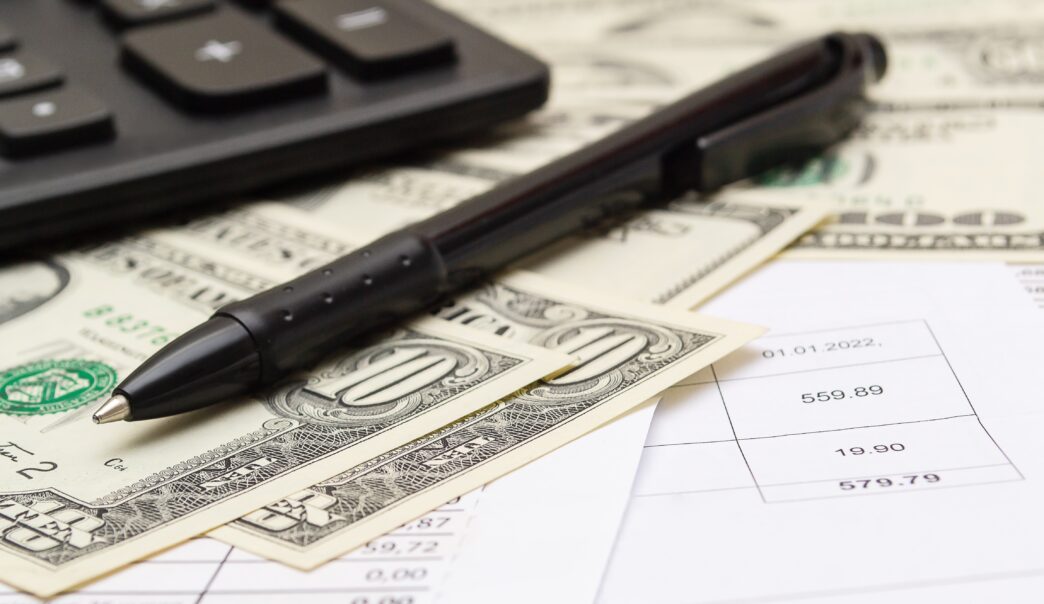Executive Summary
The Story So Far
Why This Matters
Who Thinks What?
President Donald Trump’s administration is significantly revising its economic strategy in response to a persistent affordability crisis, dwindling favorability ratings, and recent electoral setbacks for the Republican party. The shift, detailed in an analysis by David Goldman published on November 14, 2025, marks a departure from Trump’s initial economic blueprint, introducing new proposals such as $2,000 tariff rebate checks, 50-year and portable mortgages, and reduced tariffs on certain grocery items.
Shifting Economic Priorities
Trump initially entered office with an economic plan predicated on three core assumptions: generating trillions through tariffs without causing inflation, achieving significant savings and a hiring boom through government spending and regulation cuts, and funding a large tax cut through tariff revenue and spending reductions. These components were designed to be interdependent, requiring perfect execution for success.
However, the original plan faced challenges. While the stock market saw gains, consumer prices continued to rise, and inflation, partly due to tariffs, picked up. Corporate investment in US manufacturing has been slow to materialize, and overall hiring has stalled in recent months. Bond yields have fallen, but not enough to significantly lower mortgage rates, which remain above 6%, contributing to a doubling of subprime auto loan defaults over four years.
Public sentiment reflects these economic concerns. A recent CNN poll conducted by SSRS indicated that 72% of Americans believe the economy is in poor shape, with 61% attributing worsening conditions to Trump’s policies. Furthermore, recent Democratic election victories underscored affordability as a primary concern for voters.
Trump’s Revised Economic Plan
A new economic strategy, termed “Plan B,” is now emerging, characterized by several key proposals, though each comes with potential complications.
Tariff Rebate Checks
Trump recently suggested distributing $2,000 tariff rebate checks, a proposal confirmed by White House Press Secretary Karoline Leavitt as actively under consideration. Economists, however, warn that injecting thousands of dollars into households could escalate demand without increasing supply, potentially exacerbating inflation.
Mortgage Reforms
The administration is exploring both 50-year and portable mortgages. A 50-year mortgage aims to lower monthly payments by extending loan terms, but critics contend it could prevent borrowers from ever fully owning their homes and lead to substantially higher total interest paid over the loan’s lifetime. Federal Housing Finance Agency Director Bill Pulte described the proposal as a “complete game changer.”
A portable mortgage would allow homebuyers to transfer their existing, lower-rate loans to a new property, potentially revitalizing the housing market. Industry experts express concern over the logistical complexities of such a plan, including the need for borrowers to cover price differences and the potential disruption to the mortgage investment market, which could unintentionally raise rates.
Targeted Tariff Reductions
Treasury Secretary Scott Bessent announced plans to lower tariffs on specific produce items not grown in the United States, such as bananas and coffee, aiming to reduce consumer prices. While this could lower import costs, its overall impact on consumer prices may be limited, as businesses often absorb a significant portion of tariff costs. Furthermore, other factors, such as climate change affecting coffee prices, may overshadow tariff reductions.
Addressing Affordability
The administration’s shift reflects a growing acknowledgment of the high cost of living as a critical political issue. Trump, who campaigned on addressing rising costs, now faces the challenge of an electorate associating tariffs with higher prices. His original economic policies are perceived by some as contributing to a “K-shaped economy,” where wealthier Americans benefit from investments while lower-income individuals struggle.
Despite earlier denials regarding price increases, administration officials indicate that Trump is receiving more frequent economic briefings and is being encouraged to focus on domestic economic policies. Treasury Secretary Scott Bessent has introduced a new administration slogan: “Make America Affordable Again,” signaling a renewed focus on consumer financial relief.








